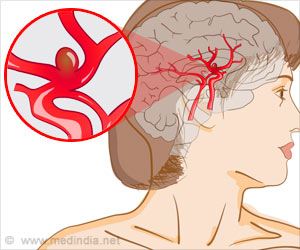Link Between DHA and Alzheimer’s Disease
In this prospective observational study conducted within the Framingham Offspring Cohort including 1490 dementia-free participants aged ≥65 years old researchers examined the association of red blood cell (RBC) docosahexaenoic acid (DHA) with incident Alzheimer’s Disease (AD), while also testing for an interaction with APOE-ε4 carriership.
Advertisement
Risk for incident AD in the highest RBC DHA quintile (Q5, >6.1%) was 49% lower compared with the lowest quintile (Q1,
Further, the researchers noted that an increased intake of DHA might lower risk for developing AD, particularly in higher-risk individuals such as those carrying the APOE-ε4 allele, suggesting that they may benefit more from higher DHA levels than non-carriers.
The public health impact of preventing AD with something as simple as a dietary intervention like DHA is also significant.
The researchers noted that “Given that estimated health-care payments in 2021 for all patients with AD or other dementias amount to $355 billion in the US (not including caregiving by family members and other unpaid caregivers), any cost-effective strategy for delaying the onset of AD is of utmost public health interest,” and that “Delaying AD by 5 years leads to 2.7 additional years of life, and 4.8 additional AD-free years for an individual who would have acquired AD and is worth over $500,000.”
So how does this paper stack up to others in this area? “Our study is in line with that of Tan et al. who reported cross-sectional associations with RBC DHA on cognitive performance and brain volume measurements (with higher DHA being associated with beneficial outcomes) in the same cohort as studied here,” said William S. Harris, PhD, President of FARI, and senior author on this recent study.
“Most interestingly, 15 years ago similar findings were reported by Schaefer et al. in the parents of the individuals who were the focus of this present investigation (i.e., the Original Framingham Heart Study cohort). Schaefer et al. reported that participants in the top quartile of plasma phosphatidylcholine DHA experienced a significant, 47% reduction in the risk of developing all-cause dementia compared with those with lower levels,” Dr. Harris continued.
“Similar findings a generation apart in a similar genetic pool provide considerable confirmation of this DHA-dementia relationship.”
Source: Eurekalert



